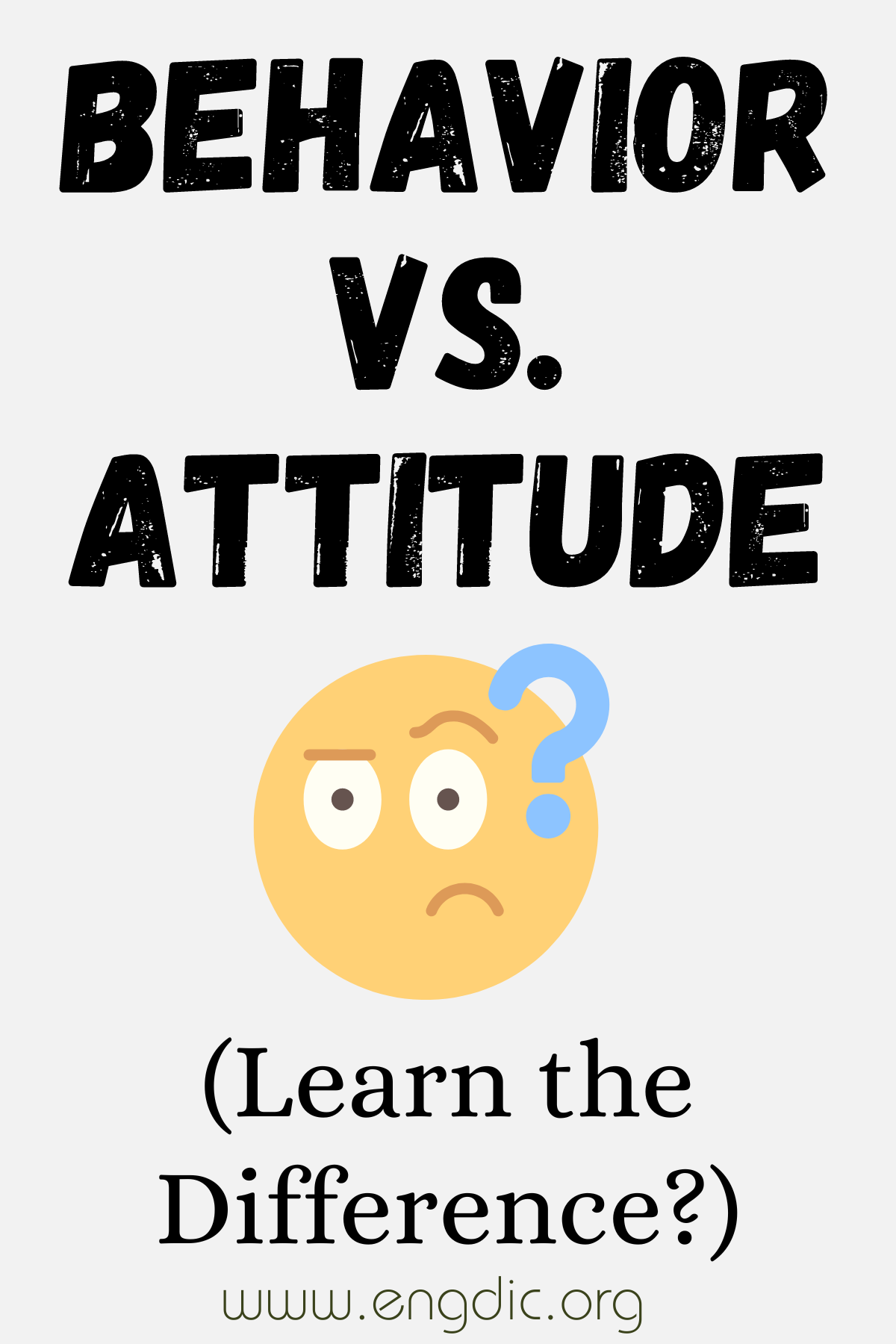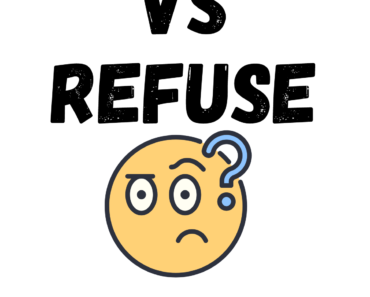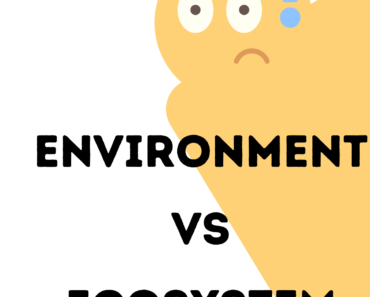Behavior and attitude, while often interconnected, refer to distinct aspects of human conduct.
Behavior involves observable actions that individuals exhibit, influenced by their environment, while attitude denotes a person’s internal state of mind, which guides their reactions.
Attitude forms the basis of behavior but does not always predict it accurately. For instance, someone may have a positive attitude toward exercise yet lack consistent exercise behavior.
Understanding the differences between behavior and attitude helps in interpreting actions and predicting potential behavioral changes.
Behavior
Definition: Behavior refers to the external actions and reactions of an individual, often in response to environmental stimuli or internal motivations.
Usage:
- Social Interactions: Behavior in social situations can range from friendliness to aggression, influenced by one’s attitudes, emotions, and social norms. Example: A polite greeting during a meeting shows socially accepted behavior.
- Workplace: In the workplace, behavior often reflects professionalism and adherence to organizational culture. Example: Following dress codes and meeting deadlines is a demonstration of professional behavior.
- Habitual Actions: Repeated behaviors, often done unconsciously, like brushing teeth, reflect habits ingrained over time. Example: Morning jogs can be a daily behavior for fitness enthusiasts.
Attitude
Definition: Attitude represents a mental state involving beliefs, feelings, and values, influencing one’s outlook and responses to various situations.
Usage:
- Positive or Negative: Attitudes can be positive (optimistic outlook) or negative (pessimistic perspective) and significantly impact one’s interaction with the world. Example: A positive attitude towards teamwork can enhance collaboration.
- Cognitive, Affective, and Behavioral Components: Attitude consists of cognitive (beliefs), affective (feelings), and behavioral (intentions) elements. Example: A cognitive belief in hard work’s importance, coupled with a feeling of satisfaction, leads to a strong work ethic.
- Shaped by Experience: Attitudes are shaped by past experiences, cultural influences, and social interactions. Example: Growing up in a household that values education often shapes a positive attitude towards learning.







